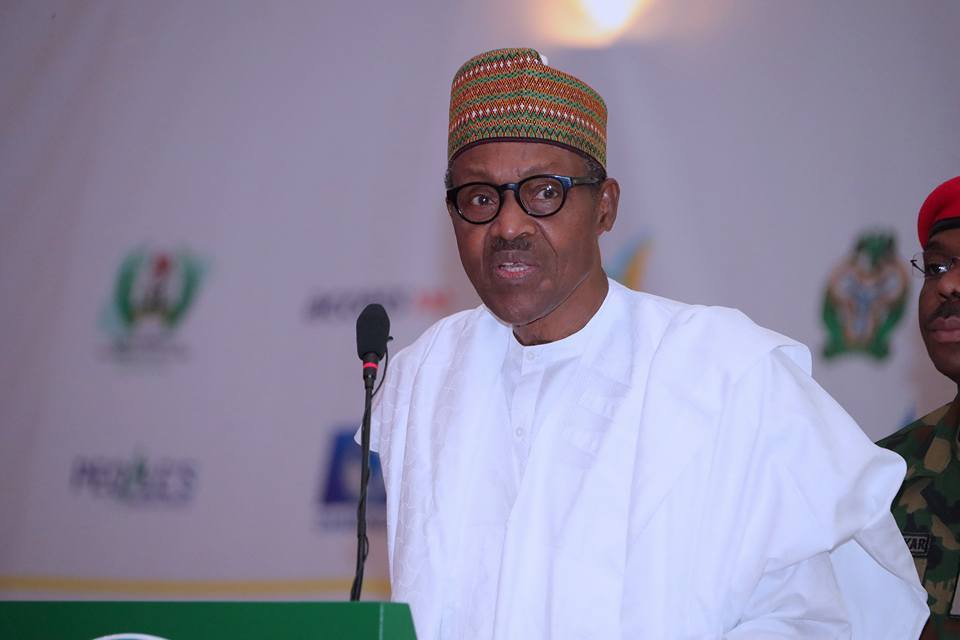Buhari Saves 2019 Election, Fails To Assent Electoral Amendment Bill 2018
Ita Enang, Special Assistant to President Muhammadu Buhari on National Assembly (senate) broke the news this afternoon that his principal had returned the Electoral Amendment Bill 2018 to the Senate.
While he did not say whether the President declined assent or not, he left no one in doubt that the presidency had rejected the bill for the third time.
Advertisement
Enang told reporters that, “President Muhammadu Buhari has taken decision on Electoral Act Amendment bill 2018. In accordance with his power under the 1999 Constitution and has communicated that decision to the Senate and House of Representatives in accordance with the law.”
Pressed by reporters to reveal the status of the Bill, he said convention forbids him from revealing details of communication to the leadership of the National Assembly, stressing that the information sought could only be revealed by the Senate President and Speaker of the House of Representatives.
But Enang had no worries telling reporters that the President had assented to the National Open University Amendment Act, which gives the National Open University same powers and functions as other federal universities.
Sources at the Senate however confirmed that the President had indeed rejected the Bill for the third time.
Advertisement
The Bill was first rejected in March when the President said the re-ordering of elections by lawmakers usurped the constitutional powers of Independent National Electoral Commission (INEC) to decide on election matters.
Similarly, Buhari in September, rejected the bill asking the national assembly to revise some clauses.
But after the Bill was transmitted to the President the third time, fresh concerns arose over the stipulation that the use of the card-reader for voting would be mandatory for the 2019 election. Electronic transmission of voting results would also become mandatory.
There were fears that in a country where internet connectivity is still a huge challenge and large segment of the population not knowledgeable about this technology, a significant percentage of the electorate may be dis-enfranchised if the card-reader becomes the only means of voting.
Three political parties also have also gone to court to stop the President from assenting the Bill for fear it may cause confusion and disrupt the 2019 elections. The parties are: Advanced Peoples Democratic Alliance, Allied Peoples Movement and Movement for Restoration and Defence of Democracy.
Advertisement
The parties asked the court to declare that assenting the Bill would truncate the 2019 election because there was no time to adequately educate Nigerians on the Bill.
For a president who has repeatedly assured Nigerians and the world that the 2019 elections would be free, fair and credible, no one expected Buhari to sign the Bill in haste due to the impact it would have on the credibility of the elections. The President rightly took time to study and consult widely on the Bill, ignoring those urging him to quickly sign it into law.
What must have also bothered the President and informed his eventual rejection of the Bill is the absence of clarity as to the commencement period of its application and operation. The 2019 election is already at hand and the process for its conduct is almost completed. Introducing any new electoral bill at this time is nothing but a recipe for electoral disaster.
There is no doubt that those who planned to profit from the anticipated confusion will find reasons to attack President Buhari for not signing the Bill. But the President has acted on good advice, and he is backed by the African Union Protocol which strongly disapproves any amendment or introduction of new electoral laws three months to the election as in this case. Nigeria as a key international player must be seen to have respect for international protocols and convention.



